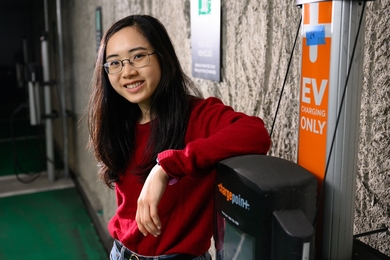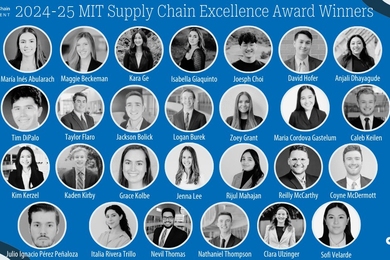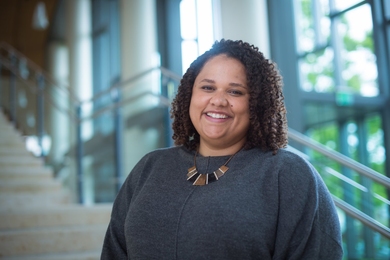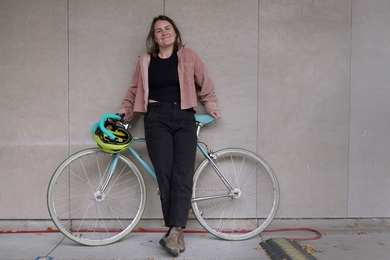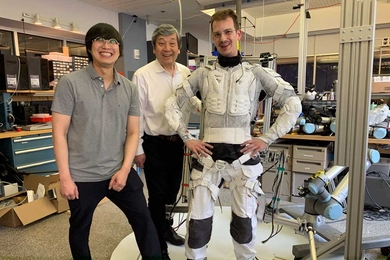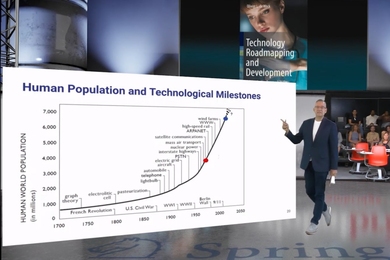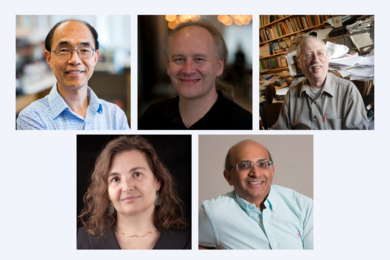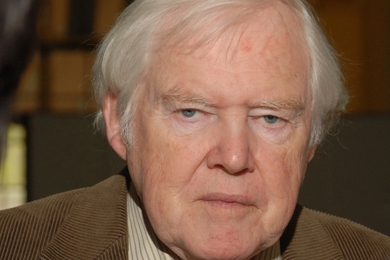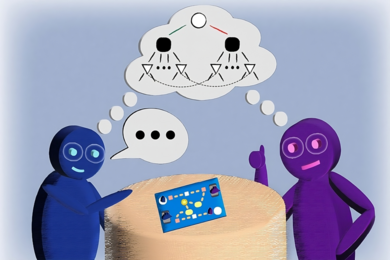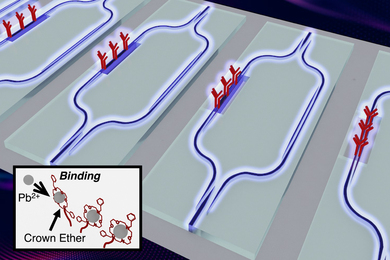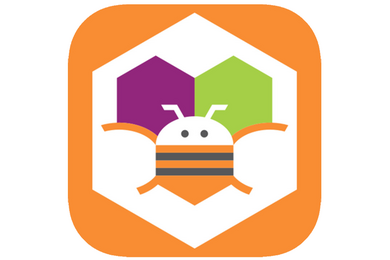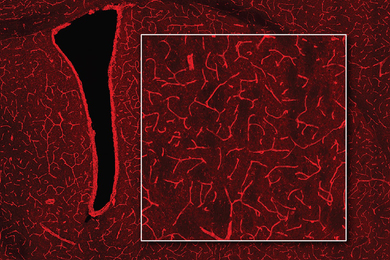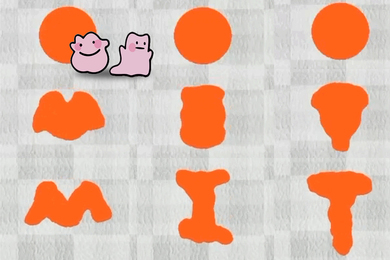2024 MIT Supply Chain Excellence Awards given to 35 undergraduates
Exceptional students from top programs across the US receive tuition fellowships and conditional acceptance to the MIT Supply Chain Management master’s program.
Faces of MIT: Reimi Hicks
The MITES associate director of recruitment and admissions plays a key role in introducing middle and high school students to the world of STEM.
The MIT Bike Lab: A place for community, hands-on learning
The all-volunteer student-run bike shop, founded by graduate student Bianca Champenois, provides repair and maintenance services, emphasizes hands-on learning, and promotes sustainable transportation.
Repurposed beer yeast may offer a cost-effective way to remove lead from water
A filter made from yeast encapsulated in hydrogels can quickly absorb lead as water flows through it.
Robotic “SuperLimbs” could help moonwalkers recover from falls
A new MIT system could help astronauts conserve energy and extend missions on the lunar surface.
3 Questions: Technology roadmapping in teaching and industry
Professor Olivier de Weck's approach combines quantitative engineering analysis and strategic thinking to drive innovation.
Five MIT faculty elected to the National Academy of Sciences for 2024
Guoping Feng, Piotr Indyk, Daniel Kleitman, Daniela Rus, Senthil Todadri, and nine alumni are recognized by their peers for their outstanding contributions to research.
Professor Emeritus Jerome Connor, pioneer in structural mechanics, dies at 91
Longtime influential professor and expert in structural engineering remembered for his mentorship and contributions to the field.
Using ideas from game theory to improve the reliability of language models
A new “consensus game,” developed by MIT CSAIL researchers, elevates AI’s text comprehension and generation skills.
Scientists develop an affordable sensor for lead contamination
The chip-scale device could provide sensitive detection of lead levels in drinking water, whose toxicity affects 240 million people worldwide.
Four from MIT named 2024 Knight-Hennessy Scholars
The fellowship funds graduate studies at Stanford University.
The power of App Inventor: Democratizing possibilities for mobile applications
More than a decade since its launch, App Inventor recently hosted its 100 millionth project and registered its 20 millionth user. Now hosted by MIT, the app also supports experimenting with AI.
Using MRI, engineers have found a way to detect light deep in the brain
The new technique could enable detailed studies of how brain cells develop and communicate with each other.
A better way to control shape-shifting soft robots
A new algorithm learns to squish, bend, or stretch a robot’s entire body to accomplish diverse tasks like avoiding obstacles or retrieving items.
